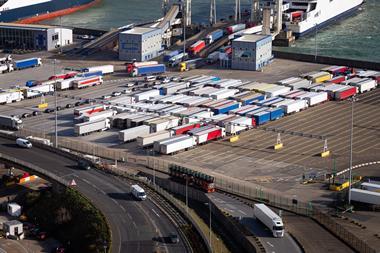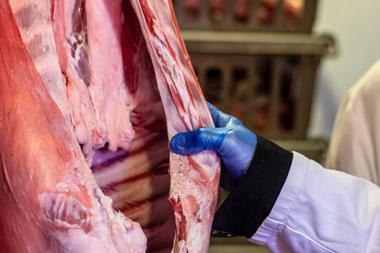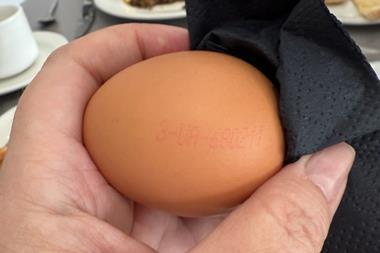
The anonymous authors of the Inside Track memo are, of course, right to call for an open and pragmatic dialogue between farmers, manufacturers, retailers and government to address the challenges the UK faces in feeding its growing population. But most of the issues they raise have already been the subject of discussion for some time, many of which we have addressed in our recent Meat Industry Manifesto.
We agree that the UK food and farming industry must play its part in balancing environmental and health needs with the need to maintain a secure food supply for nearly 70 million people (over 90% of whom choose to eat meat).
As abattoirs and meat processors, this means maintaining a viable, robust livestock industry; one that fairly compensates British farmers for their labour.
Unfortunately, what we currently have is a combination of higher costs, pricing pressure and government policy that’s removed a subsidy system that enabled many small farms to operate and replaced it with incentives to withdraw from food production. Farmers are being forced out of production, making us more reliant on imported meat.
UK food security
If livestock farming is squeezed out of the UK, we risk losing our abattoir sector – which would mean losing domestic meat and dairy production as well. That’s not a risk we should countenance. While meat processors could survive by importing, this would leave the sector vulnerable to supply shocks beyond our control.
When we import meat, then we also import that origin country’s standards and environmental footprint. Given that the UK is one of the few countries in the world to have near perfect conditions for rearing animals on marginal land that can’t be used for any other food production, it makes sense to enable our farmers to use that natural resource.
It supports our rural communities and, crucially, strengthens our domestic food security.
Given recent global supply chain disruptions, whether caused by geopolitical tensions or climate change, and the fact that the UK population is growing at a pace, we question the wisdom of reducing our ability to provide enough of two of the key food groups that make up a healthy, balanced diet: meat and dairy. Indeed, the Inside Track authors voiced exactly these concerns in their first memo back in April this year on supply chain risk and resilience. Food security is a theme we return to regularly.
Hard truths
It’s interesting to note that, according to numerous studies and government data, per capita meat consumption in the UK has been decreasing steadily and is now at its lowest level since records began in the 1970s.
Red meat consumption has fallen the most and we’re now at or below the government recommended level. However, the need to produce meat in the UK hasn’t diminished, because the population has risen by just under 25% since then. And 90% of consumers still demand meat is available in supermarkets.
If, as the Inside Track authors contend, the UK food supply system is at greater risk of failing us, then we most certainly do need a pragmatic conversation. But it requires acknowledgement of a few hard truths.
Farmers must be paid fairly for their produce. At the same time, UK farming needs to embrace a degree of modernisation, consolidation and change as the population grows. Damaging price wars cannot be allowed to make domestic food production unviable. The UK already leads most countries on high standards and low environmental impact, and government must play a key role in creating the right policy environment to support our food industry.
BMPA is well placed to have this debate and we intend to keep pushing for sensible and pragmatic solutions to feeding UK consumers in the future, no matter the challenges.
Nick Allen is CEO of the BMPA



















No comments yet